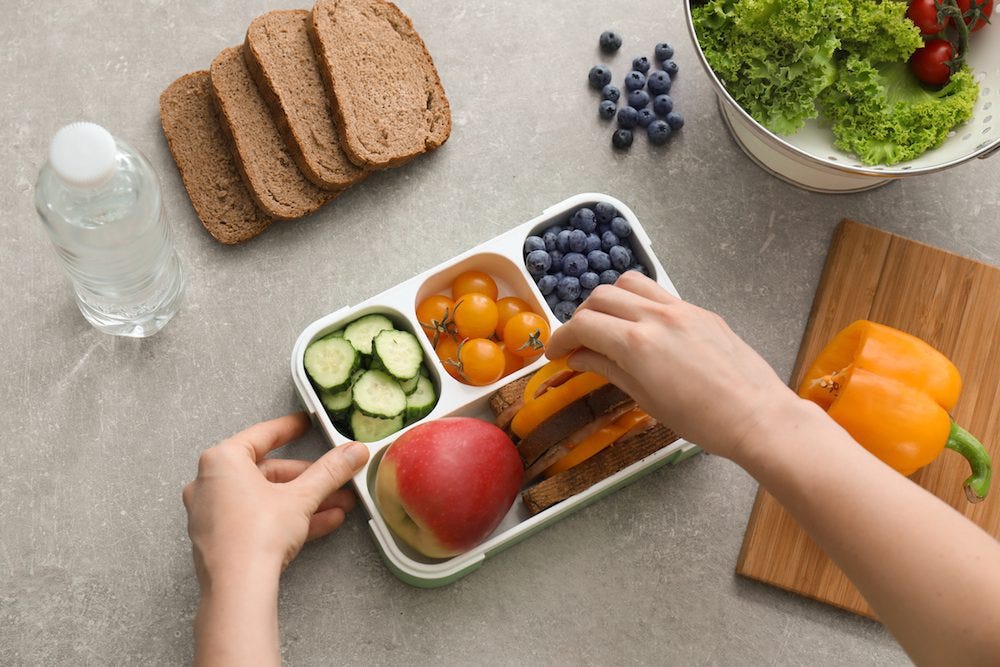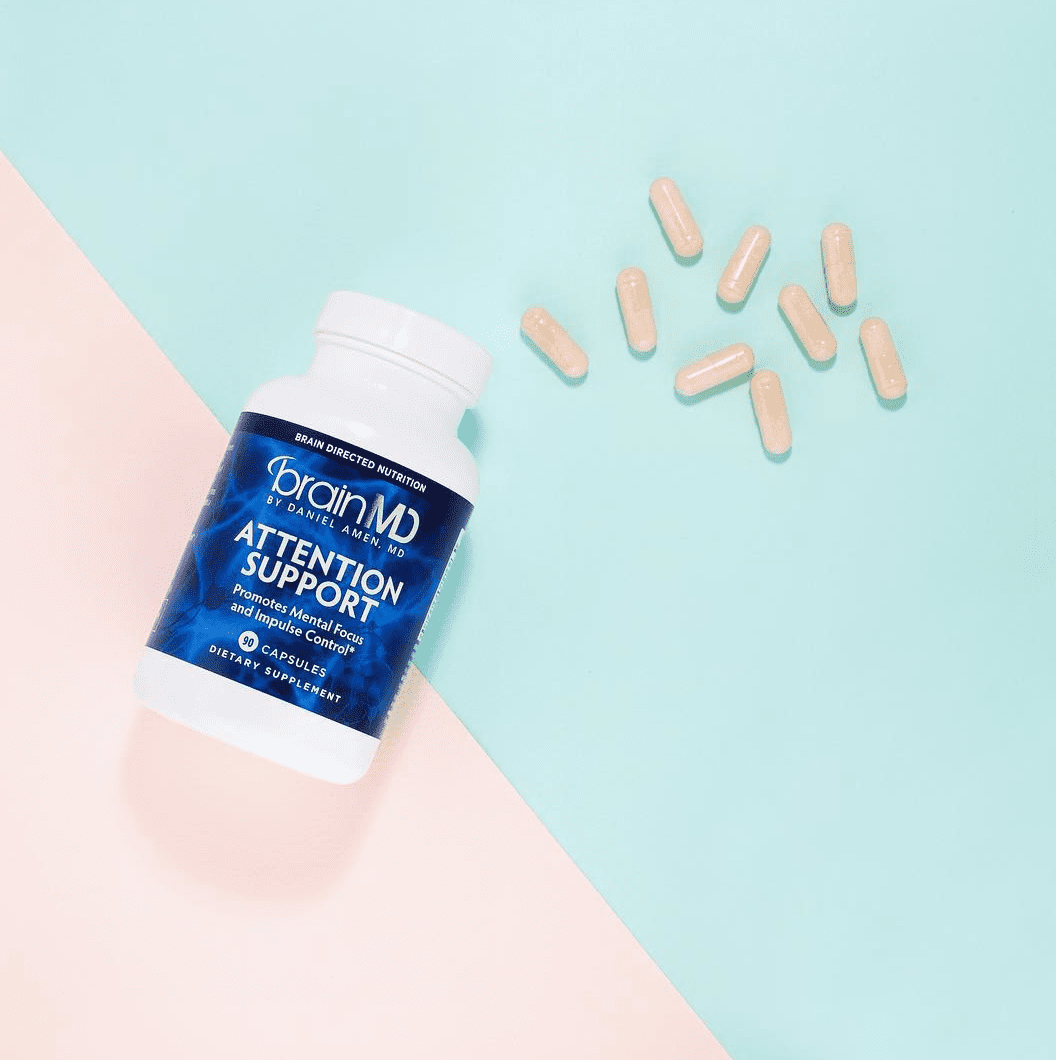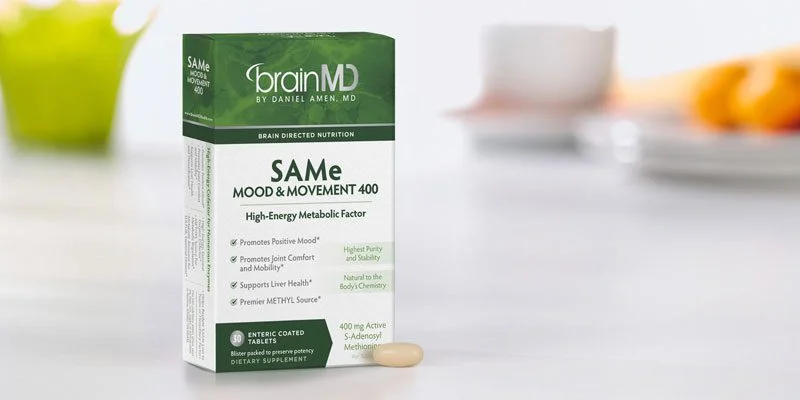6 of the Best Ways to Manage Your Child’s Attention Issues
Attention issues remain one of the most misunderstood and incorrectly treated issues today.
Focus challenges can have a negative impact on brain function, which is especially true for children and teens. Unfortunately, the rapid rise of attention problems is making it more difficult for many young people to remain organized, stay on task, and complete projects on time.
Your child may have an attention issue if they exhibit one or more of the following:
- Impulsivity
- Distractibility
- Restlessness
- Forgetfulness
- Shifting attention
- Procrastination
Though there are many harmful or ineffective ways of dealing with attention issues, here are 3 common ones…
3 Unhealthy Ways to Cope with Attention Issues
Ignore It
Unaddressed attention issues can have alarming consequences. They’re associated with higher incidences of academic problems and low self-esteem. Simply ignoring the problem won’t make it go away and may cause long-term complications.
Medicate It
Attention issues can be aggravated by a variety of factors, including diet, environmental toxins, and limited physical activity. Using medications to treat attention problems is a poor solution since, in many cases, medications only provide temporary relief and may make attention struggles even worse. Medications also come with serious side effects, which might compound the original issue.
Overdo It
Filling your child’s schedule with too many distractions and stresses can make an attention problem worse. Simplify your child’s schedule and only include beneficial activities that your child enjoys. If your child complains of boredom, you can always add activities back to find a happy balance.
3 Healthy Ways to Cope with Attention Issues
1. Energize with Exercise

Getting the heart pumping accelerates blood flow to every part of the body. Exercise causes the brain to release neurotransmitters, including dopamine and serotonin, which aid with attention and help calm hyperactivity. Choose exercises your child will love – whether it’s dancing, swimming, running, or just walking fast – and work those physical activities into their daily schedule.
Helpful Tip: It’s recommended for kids to get a minimum of 30 to 45 minutes of exercise every day.
2. Eat Healthy Foods

The sugar-filled, pesticide-laden, high glycemic standard American diet (SAD) leads to increased distractibility and decreased energy. For people who struggle with attention and focus, a healthy fat, smart carbohydrate (vegetables, fruit, and sweet potatoes), high fiber, quality protein (fish, skinless turkey or chicken, beans, and raw nuts), and low glycemic diet can have an overall positive effect on brain function.
Helpful Tip: It’s especially important for your child to eat protein with each meal and snack, which helps to stabilize blood sugar levels and maintain focus.
3. Get Quality Sleep

Many people with attention issues find it difficult to fall asleep or wake up frequently during the night. Sleep problems drain energy levels and can interfere with work, school, and relationships. It’s essential that you help your child stick to a regular sleep schedule – it’s recommended that they get 7 to 9 hours of sleep each night.
Helpful Tip: To help improve your child’s sleep, turn off the TV, stop video games, and put away all devices 1-2 hours before bedtime.
Since attention issues aren’t a simple problem, coping is not a one-size-fits-all solution. The good news is that there are many things you can do to help your child have better focus and energy. One of the best ways to support your child’s attention is with high-quality, brain healthy supplements.
Attention Support

This formula includes 6 potent, attention-boosting nutrients:
- Choline – a vitamin-like nutrient that supports the brain’s production of acetylcholine, a key neurotransmitter for attention, learning, and memory
- Magnesium – magnesium is fundamental to the brain’s ability to generate energy, maintain its nerve cell connections, and conduct the electrical activity that underlies all its functions
- PhosphatidylSerine (PS) – as a cell membrane building block, PS is highly concentrated in the brain and is clinically proven to support healthy attention, learning, and memory
- Pycnogenol® – a uniquely powerful antioxidant concentrate that promotes the delivery of blood to the brain, Pycnogenol® is the most extensively researched of all the herbal antioxidants
- Vitamin B6 – an essential cofactor for a number of enzymes involved in the production of several neurotransmitters linked to attention and healthy mood
- Zinc – an essential mineral, required by at least 100 enzymes and crucial for antioxidant protection of the brain
Attention Support can provide your child with the nutrients they need to stay focused and productive.
There are many simple tools you can use to manage attention issues at home. Hopefully, these tips will help improve your child’s attention and set them up for success in school and life.
At BrainMD, we’re dedicated to providing the highest purity nutrients to improve your attention, energy, and overall well-being. For more information about our full list of brain healthy supplements, please visit us at BrainMD.



